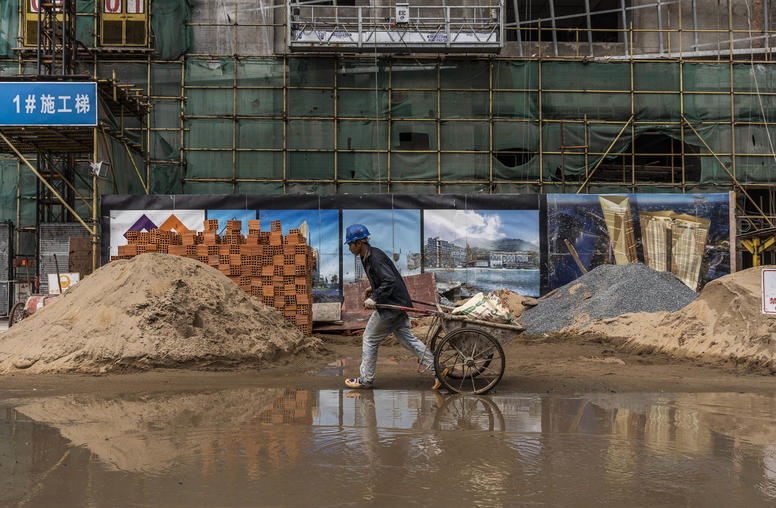Justice and Accountability for Khmer Rouge Atrocities
Perspectives from the United States and Cambodia
This event is part of a series highlighting themes from “Imagine: Reflections on Peace,” a multimedia exhibit from USIP and the VII Foundation that explores the themes and challenges of peacebuilding through an immersive look at societies that suffered — and survived — violent conflict.
Though the rule of the Khmer Rouge in Cambodia (1975-1979) was short-lived, the atrocities committed by the regime are among the most egregious in human history. In the nearly 50 years since, journalists, civil society and national and international criminal law actors have worked to document, prosecute and educate the public about Khmer Rouge crimes. Their efforts demonstrate the enduring challenges of achieving justice and accountability for mass atrocities and the critical importance of documentation to facilitating it.
On July 6, USIP held a conversation with journalist and author Elizabeth Becker, atrocity investigator and educator Ly Sok-Kheang and former advisor to the Extraordinary Chambers Courts of Cambodia Susana SáCouto to reflect on role of documentation in achieving justice and accountability.
Continue the conversation on Twitter using #CambodiaPeacePerspectives.
Speakers
Elizabeth Becker
Author and Journalist
Ly Sok-Kheang
Director, Anlong Veng Peace Center, Documentation Center of Cambodia
Susana SáCouto
Director, War Crimes Research Office, Washington College of Law, American University
Andrew Wells-Dang, moderator
Senior Expert, Vietnam, U.S. Institute of Peace



